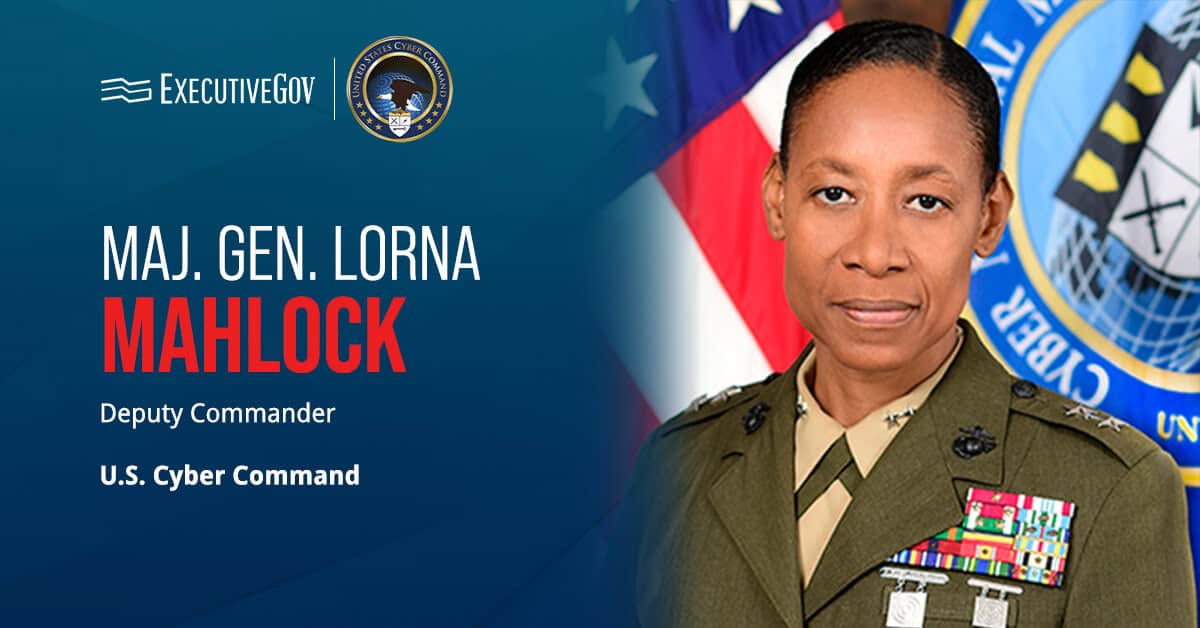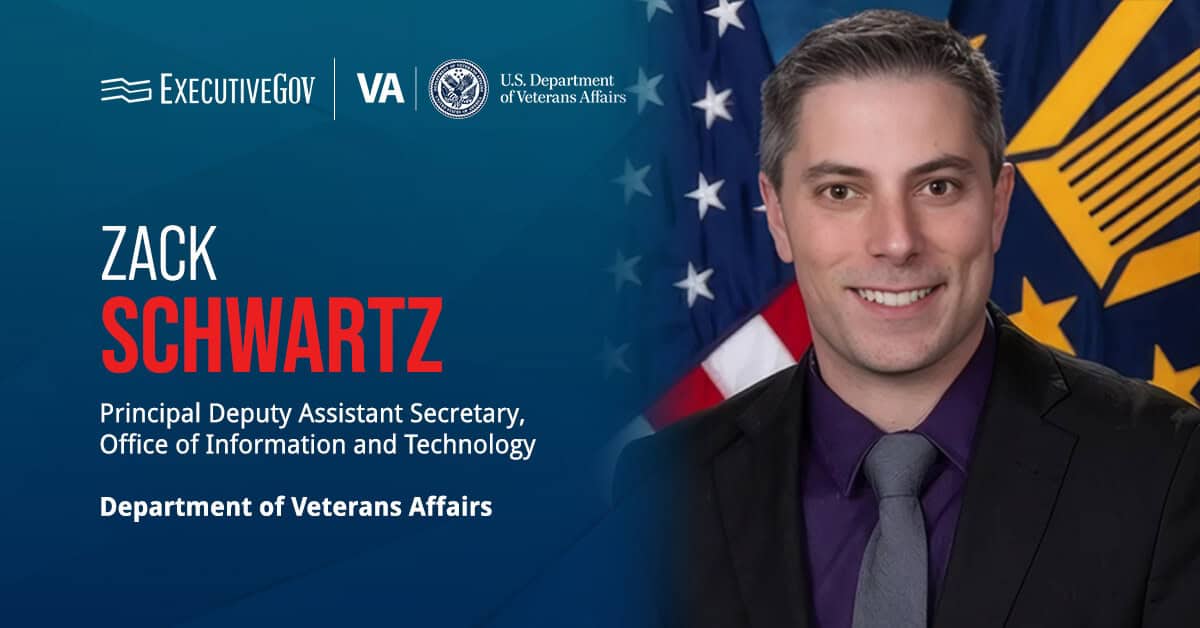
The Department of Defense facilitated an exercise that tests the capacity of cyber planning units within the combatant commands to help commanders better integrate cyber operations in the battlefield, Fifth Domain reported Saturday.
The Cyber Lightning 2019 event, which falls under the U.S. Cyber Command’s segment of the European Command’s Austere Challenge, took place in March and was aimed at training the combatant commands’ new cyber operations-integrated planning elements slated to be fully operational in 2022.
The CO-IPE cyber planning cells serve as satellite entities of larger military cyber units and may assist in cyberspace deconflicting operations.
Cyber Lightning 2019 ran for two weeks and saw over 4,500 participants from U.S. strategic and transportation commands as well as various NATO countries.





